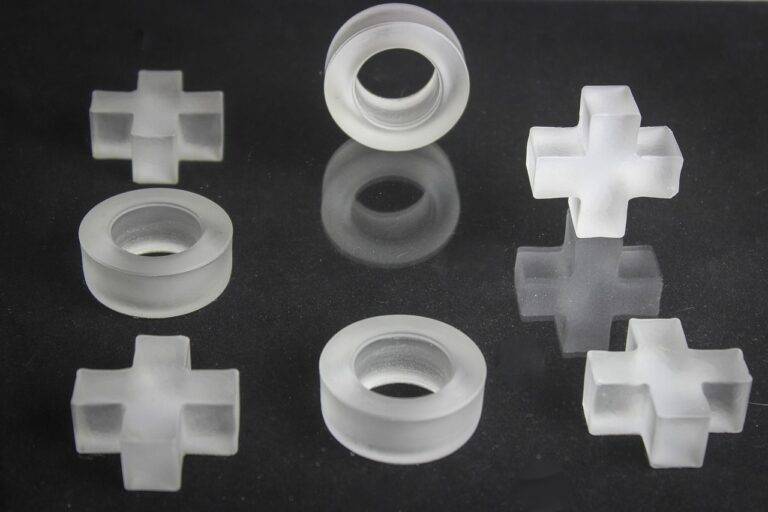Trends in Energy-efficient Heating Systems for Eco-friendly Buildings: Betbhai99, Radhe exchange download apk, 99 exchange login
betbhai99, radhe exchange download apk, 99 exchange login: As we continue to push towards a more sustainable future, the demand for eco-friendly buildings is on the rise. Energy-efficient heating systems play a crucial role in reducing the carbon footprint of buildings, making them more environmentally friendly. In this article, we will explore the latest trends in energy-efficient heating systems for eco-friendly buildings.
1. Solar Heating Systems
Solar heating systems harness the power of the sun to provide heating for buildings. This renewable energy source is not only environmentally friendly but also cost-effective in the long run. By installing solar panels on the roof of a building, heat energy can be collected and used to heat water or air for the building’s heating system.
2. Geothermal Heat Pumps
Geothermal heat pumps utilize the stable temperature of the earth to provide heating and cooling for buildings. By circulating a heat transfer fluid through underground pipes, geothermal heat pumps can extract heat from the ground during the winter and disperse heat into the ground during the summer. This system is highly efficient and can significantly reduce energy consumption.
3. Biomass Heating Systems
Biomass heating systems use organic materials such as wood pellets, agricultural residues, or waste to generate heat for buildings. These renewable energy sources can be a sustainable alternative to fossil fuels for heating purposes. Biomass heating systems are not only environmentally friendly but also cost-effective, especially in areas where biomass resources are readily available.
4. Heat Recovery Ventilation Systems
Heat recovery ventilation systems capture the heat from outgoing air and transfer it to incoming air, reducing the energy needed for heating buildings. By exchanging heat between the exhaust and intake air streams, these systems can help maintain a comfortable indoor temperature while minimizing energy waste. Heat recovery ventilation systems are particularly effective in buildings with high ventilation requirements.
5. Smart Thermostats
Smart thermostats are revolutionizing the way buildings are heated and cooled. These advanced devices can learn the occupants’ preferences and adjust the temperature settings accordingly, optimizing energy efficiency. Smart thermostats can also be controlled remotely through mobile apps, allowing users to adjust the temperature settings from anywhere. By intelligently managing heating and cooling systems, smart thermostats can reduce energy consumption and improve comfort levels.
6. Radiant Heating Systems
Radiant heating systems use radiant heat transfer to warm objects and surfaces in a building, rather than heating the air directly. This method of heating can be more energy-efficient and comfortable compared to traditional HVAC systems. Radiant heating systems can be installed under floors, in walls, or even in ceilings, providing a consistent and efficient heat source throughout the building.
In conclusion, energy-efficient heating systems are essential components of eco-friendly buildings. By incorporating innovative technologies such as solar heating systems, geothermal heat pumps, biomass heating systems, heat recovery ventilation systems, smart thermostats, and radiant heating systems, buildings can reduce their environmental impact while maximizing energy savings. As we continue to prioritize sustainability in construction and design, these trends in energy-efficient heating systems will play a key role in creating a greener future.
FAQs
Q: Are energy-efficient heating systems more expensive to install?
A: While energy-efficient heating systems may have a higher upfront cost compared to traditional systems, they can result in long-term savings through reduced energy consumption.
Q: Can energy-efficient heating systems work in all types of buildings?
A: Energy-efficient heating systems can be customized to suit different building types and sizes, making them suitable for a wide range of applications.
Q: How can I determine which energy-efficient heating system is right for my building?
A: Consulting with a qualified HVAC professional can help determine the most suitable energy-efficient heating system for your building based on factors such as location, building size, and budget.







